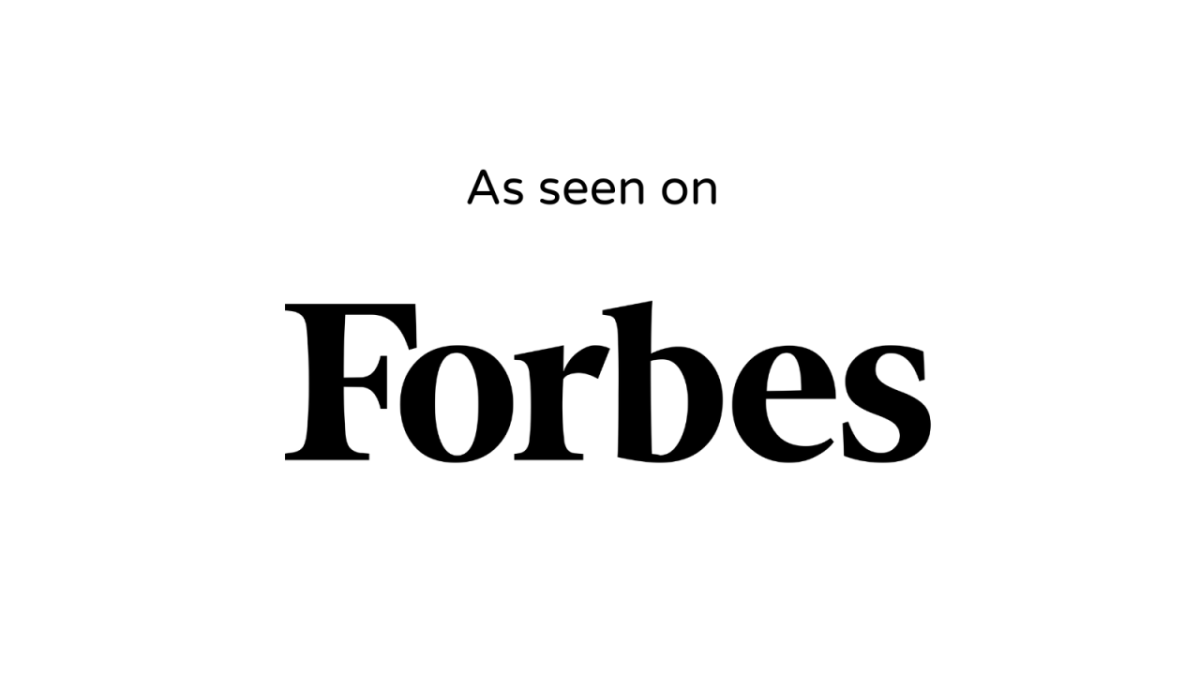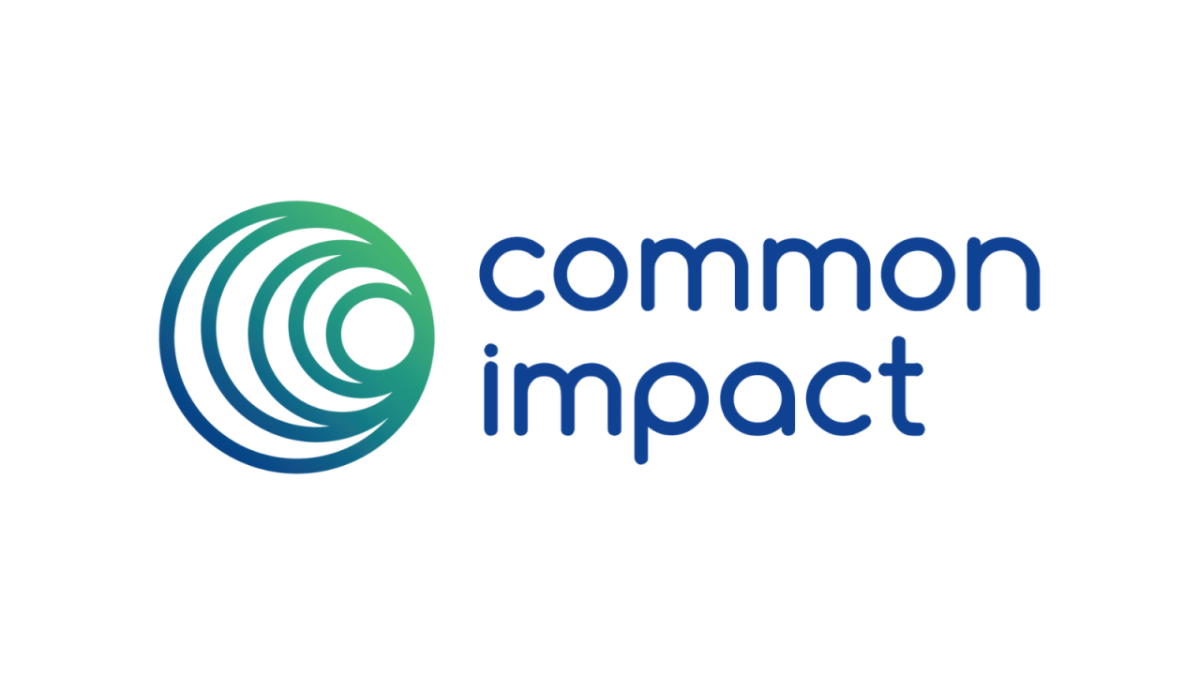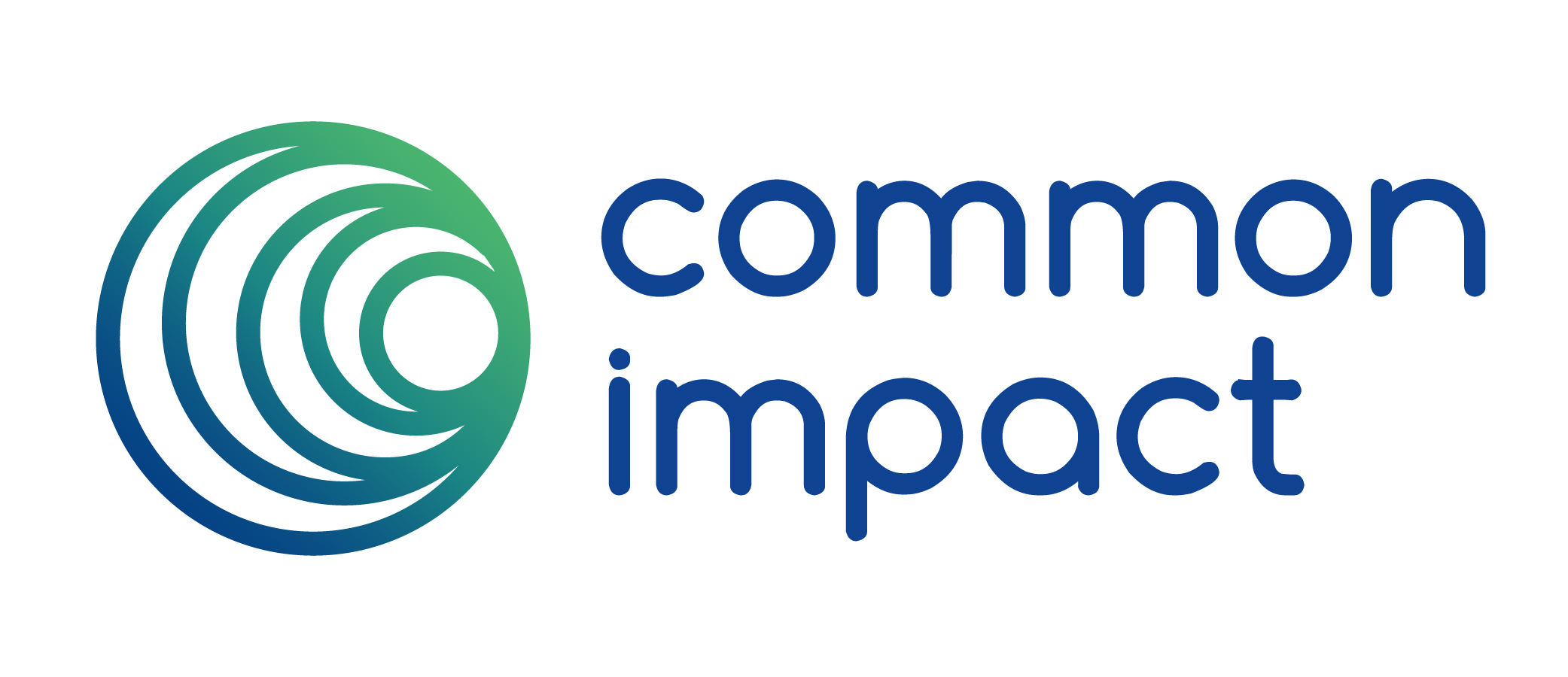Authentic Team Building: 4 Tips For Skills-Based Volunteering
Leila Saad is the CEO of Common Impact, a nonprofit with 20 years of experience creating skills-based volunteering programs.
My organization has been creating special volunteering experiences for companies for 20 years, but in all that time, we had never done one of our own. We create programs for companies that engage their employees in volunteering for nonprofits using their professional skills, or “skills-based volunteering.” In our programs, corporate employees use their skills and expertise to address nonprofits’ internal capacity challenges so that they can focus on the important work of delivering their missions.
We have long touted the benefits of our programs, and when we tried it, we found it was all true. It was fun and rewarding, and we even learned new skills. But one thing surprised us. We had no idea that it would be a powerful team-building exercise.
It is well documented that team building improves employee engagement and morale, but many of us cringe when our companies announce a team escape room or virtual Jeopardy. Still, employers know that team building helps employees feel more engaged and connected, and employees appreciate team building, at least in the abstract. Team building needs a reboot, and my team and I have struck on an innovative solution to the teambuilding rut that so many companies are in.
Skills-based volunteering does not involve painting schools or working in a soup kitchen, though those are valuable. It involves professionals using their skills and expertise in areas like strategy, finance, marketing or human resources to support a nonprofit’s organizational challenge, freeing up time so that they can focus on their missions. They are valuable for nonprofits and can be special for volunteers, making them such great team-building experiences. It is rewarding to give back to society; it feels even better when you leverage the skills and expertise you have developed over a lifetime.
In our skills-based volunteering experience, we worked with America Needs You, an NYC-based nonprofit that serves low-income, first-generation college students; and my team shared that they felt they had worked in unity and purpose with one another during the event. They witnessed their coworkers using skills in ways they had never seen before, and they learned new things about each other, like their lived experiences and personal motivations. They left with a sense of common ground with their coworkers, and that feeling stayed with us after the event.
We learned a few things that we believe contributed to a successful skills-based volunteering team-building experience. Let’s take a look at them.
Try for live and in-person experiences.
We held our volunteer team-building exercise during our annual in-person planning retreat. It gave us a welcome break from the intellectual work that we were doing, and the connections we built with each other and with the nonprofits we supported were deeper. Virtual team building is still an option and, in our experience, can be meaningful and impactful, but when possible, in person is best.
Work with current partners.
We worked with a nonprofit with which we had a strong relationship. This meant we could dive right into the work together. If you partner with a new nonprofit, consider ways to build trust early, like carving out time for a get-to-know-you or giving them the podium to inspire your team by sharing their passion for their work.
Curate the experience.
Intentionally match your employees’ skills to the nonprofit’s needs. This will require thoughtful pre-work to understand the nonprofit’s priorities and challenges, and you will also need a clear understanding of your team’s talents. There are two main approaches to skill-matching. You can group employees by skills—e.g., marketing professionals with a nonprofit seeking a brand refresh.
Another approach is to group people by seniority. We supported first-generation college students on the job hunt. We paired them with both senior and junior members of our team, so while mentoring the fellows, we also developed relationships across our organization.
Know that there will be challenges.
Because skills-based volunteering team building needs to be tightly coordinated, it can present some challenges. For one thing, you most likely need dedicated staff or an external organization, like ours, to manage the entire process. Hiccups can arise, too. Sometimes, nonprofits or their staff may drop out at the last minute. People can get sick or have emergencies, and that can’t be helped, so you should be prepared to rework your volunteer matches in a pinch.
Whether a company is ready to consider skills-based volunteering for teambuilding, the principles that drive success can make any teambuilding experience more authentic. Being in person is best when possible. Working with current organizations, partners or vendors can propel success. Dedicating time to closely curating the experience can pay off in a more authentic fit for your team and deeper impact, creating lasting memories.
On my team, we talked about our skills-based volunteering experience long afterward. To me, that is a sign of team-building success.
Follow Leila Saad on LinkedIn.
For more social impact content, follow Common Impact on LinkedIn and sign up for our monthly newsletter. Ready to learn more about skills-based volunteering? Contact us.
# # #
About Common Impact
Common Impact is a national nonprofit that fosters meaningful partnerships between purpose-driven Fortune 500 companies and nonprofits worldwide to propel social good. Since 2000, Common Impact has generated over 205,000 hours of skills-based volunteering and $40 million in resources. Common Impact is dedicated to helping nonprofits expand their capacity, improve efficiency, and deliver on their mission with customized and impactful projects through corporate partnerships. Learn more about Common Impact’s services, impact, and clients.
# # #
Media Contact
Elizabeth Cross, Obviouslee Marketing
common-impact@obviouslee.com




